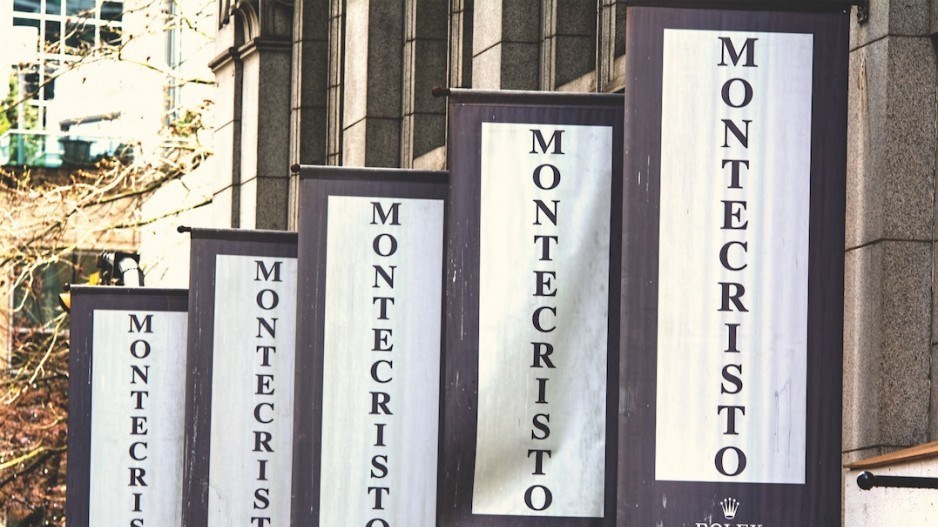A failure to report suspicious transactions with a woman who turned out to be linked to human trafficking and inadequately assessing the risks of dealing with buyers shipping products to Hong Kong and China, were among the anti-money laundering violations of Vancouver-based Montecristo Jewellers Inc., according to a federal court ruling.
The company had appealed a $222,750 administrative fine levied in 2022 for four violations; however, Hon. Madame Justice Catherine Kane found the Financial Transactions and Reports Analysis Centre of Canada [Fintrac] was correct to impose the fines for three of them and hence reduced the fine by $24,750.
It was on Oct. 15, 2019 when Fintrac notified Montecristo it would be conducting interviews of retail employees to determine if they are properly following Fintrac’s anti-money laundering (AML) regulations — the Proceeds of Crime (Money Laundering) and Terrorist Financing Act.
Fintrac, noted the judge, requires AML reporting entities, such as jewellers, to report transactions deemed suspicious or any transaction over $10,000 cash. Its job is to then collect and analyze reports to determine their relevance to money laundering activities or the financing of terrorist activities. Fintrac may disclose findings to police or other agencies.
Among the three confirmed violations was Montecristo’s failure to document “Ms.Y,” who purchased a $16,000 necklace on Oct. 28, 2018 and a $12,800 necklace on Nov. 4, 2018, each time with $9,500 cash.
Fintrac determined that this constituted “structuring” a transaction in a way to shield the cash portion of the transaction from reporting requirements.
But employees did not report the transactions as suspicious and it turned out, after an open-source investigation by Fintrac, Ms.Y was “linked to human trafficking,” noted the judge.
Montecristo submitted it did not have “reasonable grounds to suspect a money laundering offence, that Ms. Y described the second purchase as a gift, and that it was not unusual for MJI’s clientele to pay partly in cash with the balance on a credit card,” the judge noted in her Feb. 26 ruling.
The judge stated Montecristo submitted to the court that Fintrac “failed to consider that English was not the first language of some of MJI’s employees.”
Selling to Ms.Y constituted $165,000 of the total fine, which was reduced from $500,000 after considering this was the company’s first such violation. (Montecristo had been examined in 2013 and 2015 and found to have violated “certain provisions” of the AML act, however Fintrac “exercised its discretion” and imposed no penalties then.)
A second violation was the company’s failure “to take its clients and business relationships and geographic location into account when conducting its risk assessment.”
Two customers were high risk because they were “global buyers” who ship products to Hong Kong and China.
“Fintrac noted that Hong Kong is known to be a tax haven where trade-based money laundering is prevalent. Fintrac had determined that based on the high-volume purchases of these two clients, [Montecristo] should have been prompted to reconsider [Montecristo’s] risk rating,” the judge explained.
The third violation was for a failure “to develop and apply written compliance policies and procedures that are kept up to date.”
A fourth violation was dismissed on technical grounds. The judge ruled that Fintrac did not prove Monecristo failed “to develop and maintain a written, ongoing compliance training program.”
Fintrac had found, among other matters, that seven of 10 employees did not know that there was no minimum cash amount for submitting a suspicious transaction report (STR).
“In the present case, it appears that [Montecristo’s] employees’ lack of understanding of STRs and structuring resulted in Violation #1 (sales to Ms.Y), and could have led to other violations. However, the issue is whether the ineffectiveness of the training program as evidenced by the employees’ lack of understanding constitutes a separate violation pursuant to” the act, the judge wrote.
To conclude, the judge ordered the two parties to settle on court costs.

